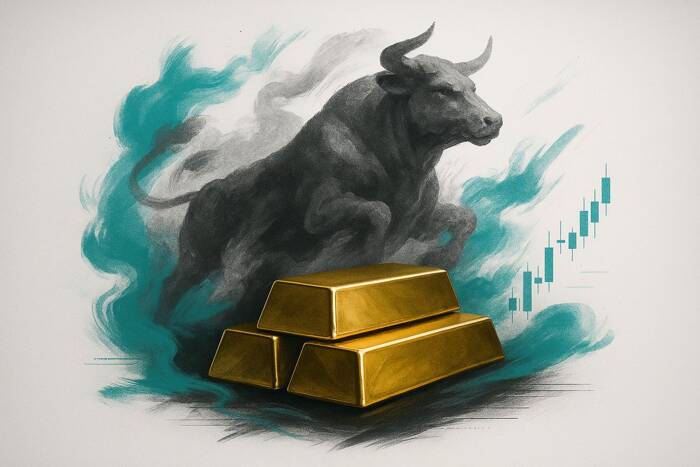Key Points
Relatively high interest rates and intense competition from Asian competitors that are loading the market ahead of tariff implementations continue to pressure the market.
Investors in Whirlpool will need to be patient, as it may take some time for its end market environment to improve.
Over the medium term, Whirlpool can be a big winner in the tariff environment established by the Trump administration.
10 stocks we like better than Whirlpool ›
Whirlpool (NYSE: WHR) shares declined by 15.6% in September, according to data provided by S&P Global Market Intelligence. The decline comes down to a combination of investors "selling on the news" of a rate cut and a relatively disappointing bond market reaction to the Federal Reserve rate cut in mid-September. Still, there's a bull case to be made for buying the stock in a dip. Here's the lowdown.
Whirlpool's difficult 2025
Two big external events are impacting Whirlpool this year. The first is the impact of interest rates on the housing market, specifically on home sales volumes. Homeowners typically undertake discretionary spending on major domestic appliances as they prepare their homes for sale or move into a recently purchased home.
As such, when mortgage rates rise and put pressure on home sales (see the chart below), Whirlpool's higher-margin discretionary sales will be weakened. Indeed, management noted in its second-quarter earnings presentation that U.S. demand for appliances from discretionary purchases contributed 30% of the total demand from 2015 to 2020. Still, that figure had dropped to just 20% by 2025.
Foreign competition and tariffs
The second event is the behavior of Asian competitors in response to the threat of tariffs earlier in the year and then after the tariffs on Asian countries were imposed, which were subsequently paused until Aug. 1. In both cases, Whirlpool's Asian competitors responded by preloading the market ahead of the full impact of tariffs.
Throw in the ongoing weakness in the housing market, and there's a perfect recipe for an intensely competitive pricing and promotional environment. That's precisely what happened to Whirlpool this year, and it's unlikely to ease until Asian competitors sell down the inventory they've loaded into the market -- something that would occur much more quickly in a lower interest rate environment.
Image source: Getty Images.
What happened in September
While it's impossible to know precisely why investors behave the way they do, my best guess would be that investors bought the stock on the rumor of a rate cut and then sold it on the news of it.
[SRC] https://finance.yahoo.com/news/heres-why-whirlpool-shares-slumped-203608377.html
 Visit the website
Visit the website






